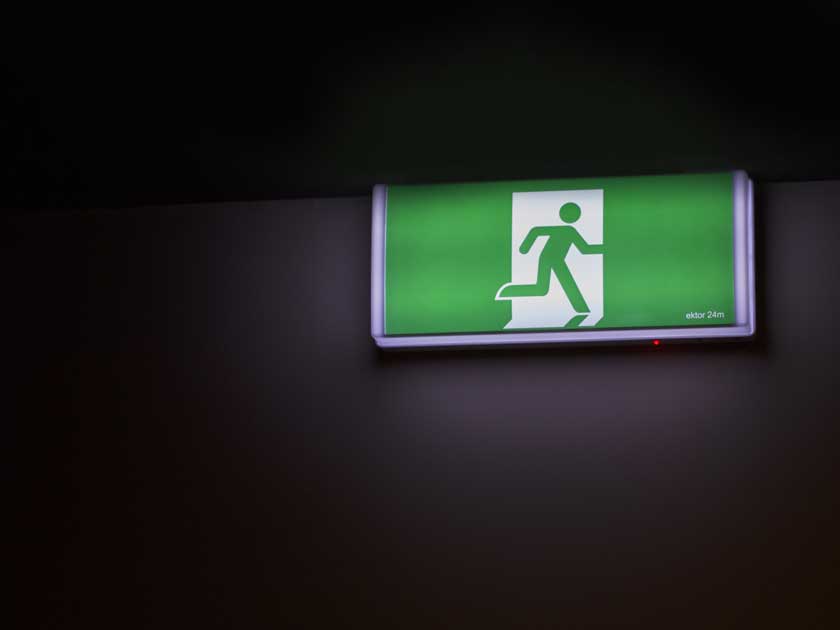
Event security checklist
For any event, security must be of paramount importance – particularly at a time of global turbulence, political unrest and the ever-present threat of terrorist attacks.
So keeping your guests safe and secure needs to be built in to every aspect of your event’s grand plan, whatever the scale of it – whether an open-air festival, awards ceremony, trade show or exhibition.
Here are some top points to consider to avert potential disaster.
- Security assessment
Think through the potential security risks associated with your event. This needs to take into account the venue, access, number of guests, likely demographic and the nature of the event. For example, a large scale outdoor concert might have potential crowd management issues and a high profile celebrity awards dinner could well attract over-enthusiastic fans and potentially intrusive media attention.
- Emergency action plan
Draw up a comprehensive strategy in case the worst happens, factoring in each of the potential risks you’ve identified. This needs to cover matters such as emergency exits, evacuation procedures, medical assistance and communication with emergency services.
- Existing security
Assess and make the most of what the venue already has to offer. Does its layout lend itself to easy evacuation? Does it have its own security guards? Is it fitted with CCTV cameras?
- Trained professionals
Ensure you have professional, trained staff lined up to make up your security team. They also need to be approachable, to put attendees at their ease and encourage people to flag up anything they spot that might be untoward.
- Medical support
Medical back-up needs to be considered, whether a couple of trained first aiders for a small scale gathering or more comprehensive health emergency provision at a larger affair.
- Screening
Prevention is always the best strategy when it comes to security, so make sure you screen event staff thoroughly before recruiting them for the job. Depending on the venue, scale and nature of the event, it might be appropriate to screen attendees too by organising bag checks on the way in.
- Data protection
Following introduction of the General Data Protection Regulation, it is more important than ever to look after the data you gather and store. Information collected about attendees must be kept safe and protected. So keep event registration simple, only asking for information you really need, and use software that ensures data is kept secure.
- Cyber security
As well as ensuring data privacy, it’s important to make sure all digital communications are protected. Use a secure payment portal for online transactions such as ticket payments.
As well as making your social media accounts as secure as possible, monitor activity on them as they are extremely vulnerable to hacking and trouble-making. Keep track of posts and audience engagement, checking participants’ profiles to ensure they are who they say they are.
- Communication
From the initial planning stages onwards, good communication is key. Involve your security staff early on and ensure every member of your team is prepared and appropriately trained for worst case scenarios. Share a site map, familiarise them emergency exits and make sure everyone knows who is responsible for what aspect of your contingency plans. In the event of an emergency, it’s also vital to maintain clear communication throughout the incident with the help of two-way radios for the security team.
- Technology
There is a bewildering array of new technology available that might, within your budget, bring immeasurable benefits to your security planning – and might save you money in terms of staff resources. As well as CCTV cameras, consider the use of drones for site surveillance, digital check-in systems to control attendance and heat mapping to monitor footfall and crowd movement.




